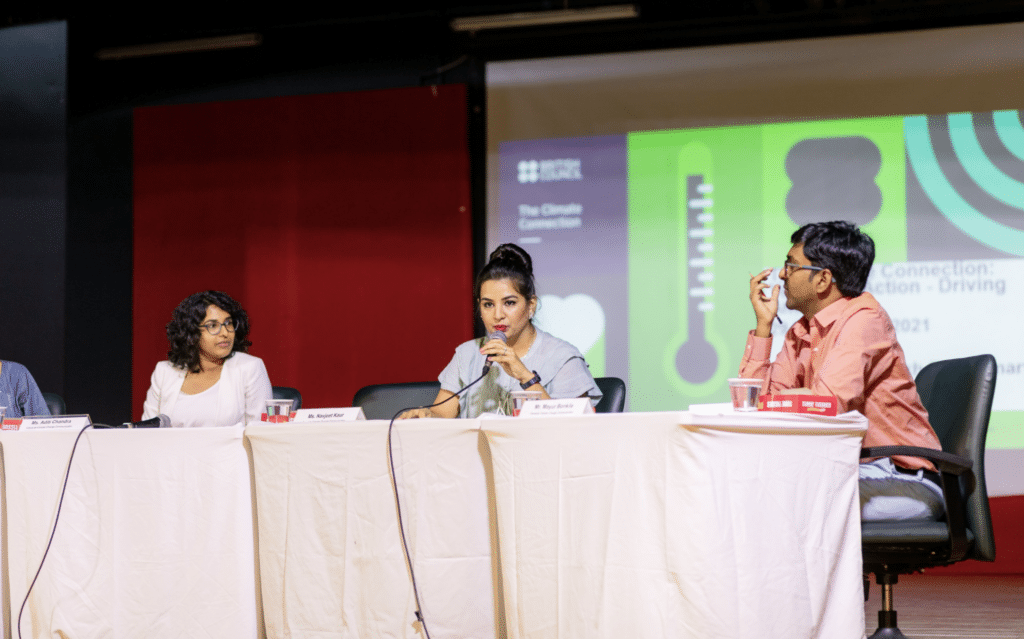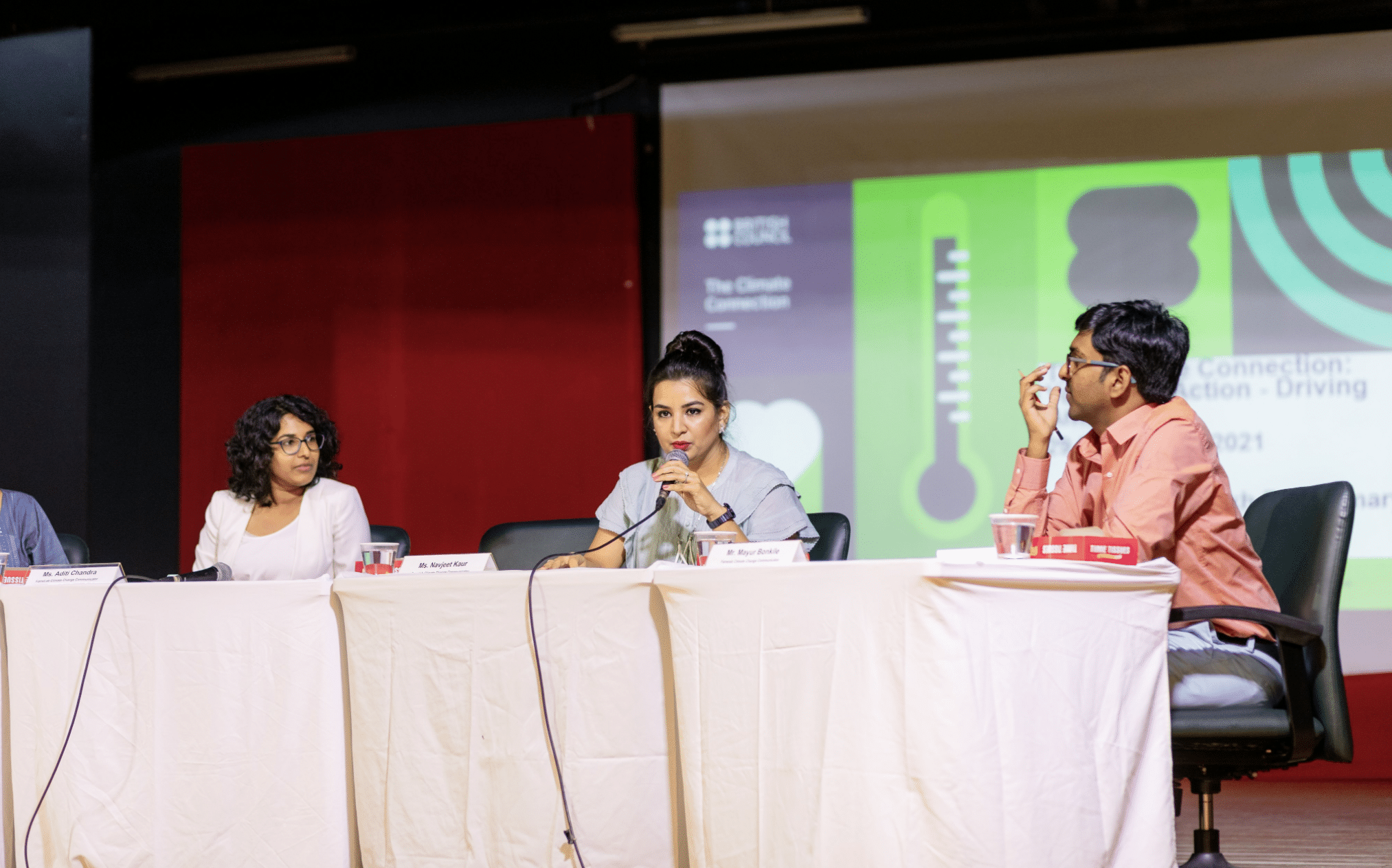Convincing global communities to trust in climate science can be a challenge. Luckily, the next generation of communicators are finding effective ways to help people across the globe understand the issues and take positive action!
The British Council’s 2021 Famelab Climate Change Communicators finalists represent some of these inspiring new voices. Each competitor submitted a video presentation breaking down some of the latest international developments to help tackle the climate crisis, covering topics from clean energy to coral reef preservation.
Once they impressed the judges with the “content, clarity, and charisma” of their three-minute talks, the top ten were invited to several online training and networking activities to prepare for the last round of online competition.
How did those experiences impact the finalists? Here’s what three of them had to say:
Navjeet Kaur – PhD Student, University of Mumbai, India
“FameLab climate change communicators program has subconsciously oriented many of us as participants and viewers towards climate change and conservation of the only planet we live on.
Belonging to an interdisciplinary domain of nanotechnology, I see a lot of potential in utilizing nanomaterials for environment conservation and restoration. Nanoparticles are being used to clean up soil and water contamination. They’re being explored as alternate energy sources. They’re also being used fertilizer additives as substitutes to their bulk chemical counterparts. They can reduce tremendous amounts of toxic waste and optimise the functionality of a given material.
While this science is exciting and fresh, it simultaneously calls for a collaborative approach involving scientists and researchers from all domains to reduce the gap between technology and risks. Nonetheless, nanoparticles certainly possess colossal potential for societal, environmental, and economic benefit.”

The three Indian finalists from Climate Change Communicators have already served as young ambassadors for outreach to school-aged students. Navjeet Kaur, Aditi Chandra, and Mayur Bonkile took part in a Q and A session with students in September
Larissa Pinheiro – PhD Student, Federal University of Rio de Janeiro, Brazil
“The huge magnitude of climate change sometimes may be scary. However, the first thing I learned with FameLab Climate Change Communicators is that although climate change affects multiples aspects of our lives, we also have people fighting it with creativity and determination in diverse fronts.
I am concentrated in the energy sector, trying to fight emissions, but FameLab showed me that we have brilliant young people engaged from people’s behavior to circular economy, and that is comforting.
Another important lesson I took from FameLab is that despite cultural differences, region, accents, and beliefs, when we talk about climate change, we face the same obstacles but also the same convergent points. Climate seems very scientific and distant at first, but once you start talking about it, people realize how familiar it actually is. Because of that, we have many hooks or effective approaches to reach people’s attention to its importance.”

Larissa Pinheiro in her home of Tijuca’s Forest in Alto da Boa Vista, Rio de Janeiro
Minh Anh Le – Research Assistant, Institute of Health, Economics and Technology, Vietnam
“As the youngest member and the only one without a scientific background, I was quite nervous during the first training session. However, the organizers and contestants taught me a lot about science and the communication skills required to become an excellent science communicator in the future.
What I gained the most from this competition was an understanding of how to reduce scientific material and make it more appealing in order to stimulate public interest. Additionally, the organizers’ and other candidates’ encouragement and support had helped me tremendously to develop my confidence during the competition.”

Minh Anh Le, one of the finalists, is a student and research assistant
Following great contributions by all during the semifinals, Danny Daniels, a Mexico-based eco-entrepreneur, won top spot in the group thanks to his enthusiastic talk on the potential of earth worm poop. Tune in to the FameLab International Online Final to see how much further he goes!
FameLab Climate Change Communicators is just one strand of activity from the Climate Connection, a British Council programme bringing people around the world together to meet the challenges of climate change.





